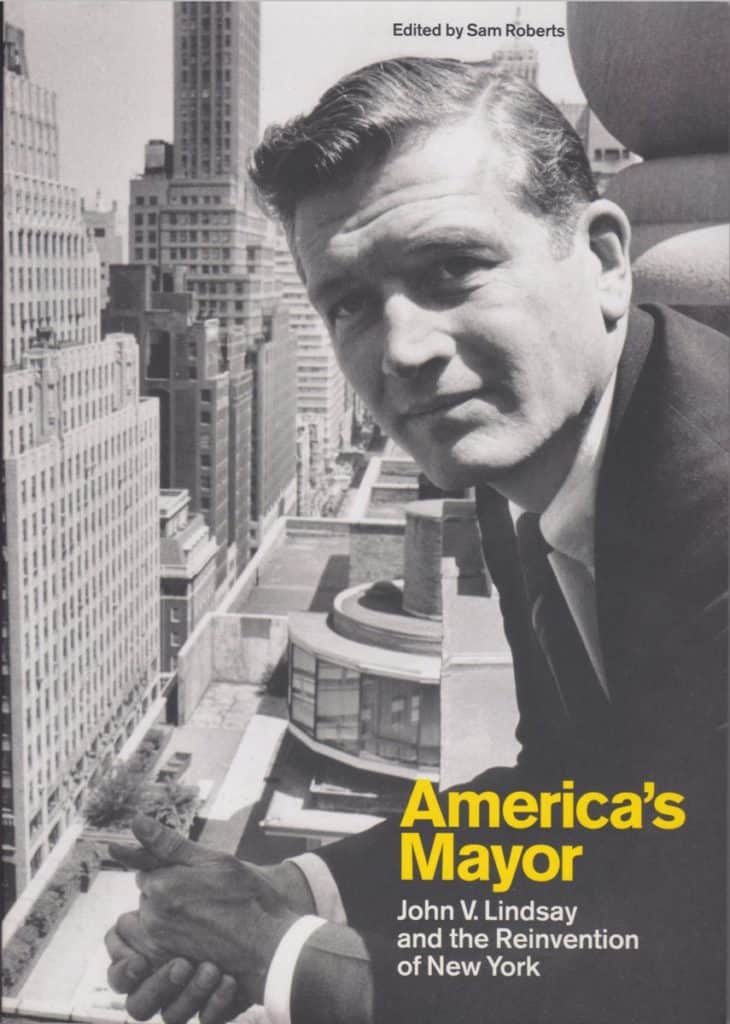
What do Alex P. Keaton, Carlton Banks, and Patrick Bateman all have in common? They’re all Young Republicans. All of them are also fictional.
In the real world, in 2019, conservatives below retirement age are sometimes harder to come by, especially in Brooklyn’s hipper enclaves. I live in gentrifying Bushwick, where everyone I meet is a 27-year-old tattooed graphic designer, and if any of them voted for Donald Trump, they sure aren’t saying so. That’s not to say they’re all socialist firebrands, but a certain cultural liberalism keeps them out of the hands of the GOP.
That’s why a recent op-ed in BKLYNER by the president of the (seemingly oxymoronic) Brooklyn Young Republican Club (BYRC) caught my interest a few weeks ago – not for the content of the piece,but for the existence of such an organization. Who are these people? Being a Democrat is humiliating enough – what kind of young person would go so far as to become a Republican? I decided to go undercover (sort of) to find out.
Established in 1880, the BYRC is, by its own account, the oldest Young Republican club in the nation; however, the New York Young Republican Club (NYYRC) – serving all five boroughs – makes the same claim. Lately, at least, the rivalry seems to have taken an ideological turn: the NYYRC has gone all in on the ugliest aspects of Trumpism, hosting alt-right celebrities and white supremacists like Mike Cernovich, Jack Posobiec, and Steve Bannon, while the BYRC has continued to promote a sober, dorky conservatism of “limited government” and “personal responsibility.”
The BYRC doesn’t explicitly oppose the president, but one senses that Marco Rubio would’ve suited its membership better. The club’s inclusive (and bizarrely illiterate) mission statement explains that “America’s potential, a strive for perfection in an imperfect world, always rested on the vision and values of the republic that ‘We the People’ established and freely chose to participate in its sole purpose to realize our founding promises for ALL people in this nation.”
In a spirit of curiosity, I signed up to go to the BYRC’s #NextGenGOP Forum on October 17, one of the major events on the club’s 2019 calendar. Because the BYRC had rented out the fourth floor of the Greater New York Chamber of Commerce in Midtown Manhattan, I expected a swanky occasion; my $20 ticket promised an open bar and a panel with four guest speakers.
As it turned out, the rented room inside the Chamber of Commerce was barely larger than a closet. The open bar, as far as I could tell, had four bottles of cheap wine and an adjacent stack of plastic cups. 11 spectators sat in rows of folding chairs to watch the presentation with a handful of club officers lingering in back. Very few of the attendees actually looked to be under 40, and one of the promised panelists failed to show.
Evidently, most Young Republicans from Brooklyn – to the extent that such people exist – share a pleadingly benign, genial social manner, presumably because they’re accustomed to having other Brooklynites hate them right off the bat and having to persuade people that, contrary to liberal preconceptions, Republicans aren’t all racists or homophobes. Even so, I tried to avoid contact: the gathering was so small that it felt more like an intimate “safe space” for a marginalized group – which happened to have hired three extra friends to hang out for the night – than a public event with room for outsiders and journalists.
Moderated by former BYRC president Jonathan Judge, the panel consisted of Pierry Benjamin, who has worked as an outreach director for the New York State Republican Party; Larissa Martinez, founder of Catalyst PAC (supporting “diverse Republican voices for US Congress”); and Josh Perry, Ted Cruz’s former media director. Their subject was urban voters: at a time when every major American city votes blue, how can the Republican Party’s mission evolve to reach beyond rural and suburban areas?
The panelists managed to talk around this question for nearly an hour and a half; they had no answer, perhaps because no answer exists. They all agreed that the disconnect between the Republican Party and urban communities would be a major problem in future elections, but their only recourse was political strategy: for its long-term health, the GOP needs to “show up” even in areas that might not offer immediate returns at the polls; it must listen more; it must engage in outreach; it must put forth diverse candidates.
In short, it must use new tactics of persuasion to sell its existing politics. But what Judge – who did an admirable job as moderator – really wanted to know was what the Republican Party could actually do for urban communities: that is, how its political program could better serve people of color, LQBTQ Americans, young people, and other groups that currently tend to believe that Democrats have more to offer them. “What are the problems we need to address?” he wondered.
More specifically, how can a Republican agenda of austerity help impoverished urban neighborhoods whose residents rely on public programs and services, from Medicaid to SNAP to the MTA? In the end, it’s an impossible question. American conservatism, by its nature, has no additive solutions for vulnerable communities; where its culture wars fail to gain traction, it can only hope to convince people of its myth of empowerment through self-reliance, telling them over and over, against their better judgment, that Democratic administrations’ paltry interventions to mitigate economic inequality within a system otherwise rigged against the working class only serve, through their oppressive unwieldiness, to stifle natural pathways toward flourishing within the free market.
It’s hard to talk about what you can give to people when your political philosophy revolves entirely around taking things away. But eventually, the panelists came up with an answer: Republicans can build more charter schools and expand school choice! All children deserve an excellent (preferably privatized) education, but the adults are on their own.
Apparently, Republican strategists’ lack of a comprehensive plan for the American inner city registers as a gaping hole most of all to the strategists themselves, who, at the #NextGenGOP Forum, worried that the party would be “relegated to the ash heap of history” as rural areas continue to lose population. They believe that Republican politicians won’t retool their approach until they’ve suffered a devastating loss on the national stage in 2020 or 2024.
Their pessimism is the mirror image of the Democrats’ Obama-era demographic optimism, which has failed in the years since to bear fruit: as recently as 2015, it seemed possible that, in an increasingly multiracial, increasingly urban America, the Republican Party was already dead. Have the United States’ antidemocratic political institutions – the Electoral College, the Senate – merely provided a stay of execution for the GOP, or will the Democrats forever fail to secure sufficient turnout from their natural supporters to finish the job?









